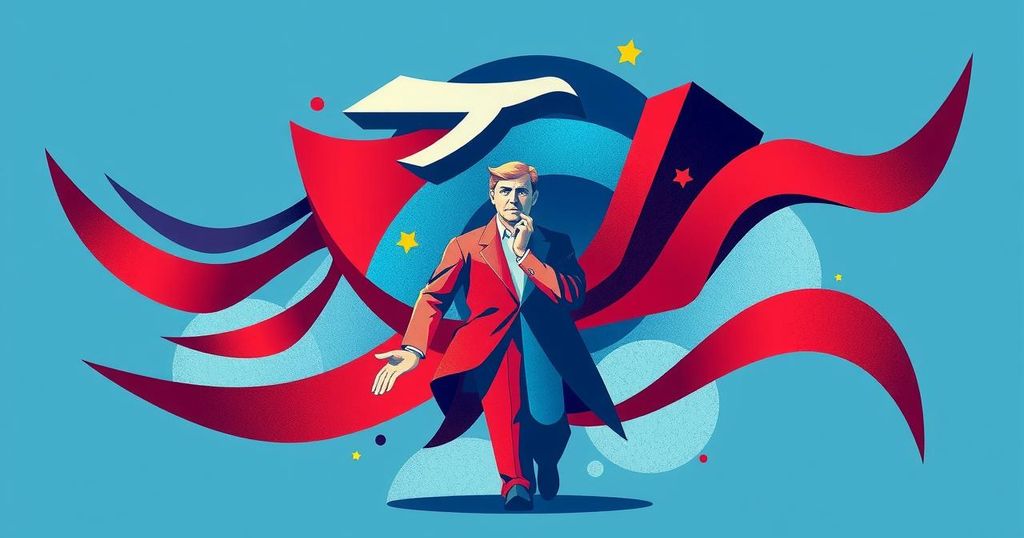President Biya of Cameroon Seeks Eighth Term in Office

- President Biya, aged 92, seeks an eighth term in elections.
- His announcement on social media came late on Sunday.
- Biya has been in power for an unprecedented 43 years.
- Supporters are distancing themselves amid high-profile defections.
- Opposition parties in Cameroon struggle to unite against him.
Biya Declares Intent to Seek Eighth Term
President Paul Biya of Cameroon, now 92 years old, has officially declared his intention to run for an eighth consecutive term in the upcoming presidential elections scheduled for October 12, 2025. Having already served for a staggering 43 years, Biya’s announcement came via a post on social media platform X, where he communicated with both French and English-speaking citizens. In this announcement, he expressed a steadfast commitment to serve the populace during a time of significant challenges, stating, “Rest assured that my determination to serve you is commensurate with the serious challenges facing us.” Biya’s lengthy tenure makes him one of the longest-serving leaders in Africa and particularly in the world today.
Political Reactions and Opposition Fragmentation
The announcement has sparked mixed reactions among the Cameroonian population and within the political landscape itself. While Biya is portrayed as the de facto candidate of his party, the Cameroon People’s Democratic Movement (CPDM), some of his longtime supporters appear to be slowly distancing themselves from him. This shift is evident as two prominent figures have recently defected from his camp, raising questions about the internal stability of his party as they gear up for elections. Amid all this, the opposition remains fragmented, grappling with its own issues of unity as they try to coalesce around a single candidate, which complicates their efforts to challenge Biya’s hold on power effectively.
Challenges Ahead for Biya’s Campaign
Under these circumstances, and with the challenges of increasing public dissent, the political climate in Cameroon is becoming increasingly complex. While Biya continues to emphasize unity in his message by saying, “Together, there are no challenges we cannot meet,” the reality on the ground tells a somewhat different story as opposition parties struggle to establish a formidable challenge. Moreover, the political landscape is highly nuanced, with many voters uncertain about their choices as corruption and governance issues loom large in the background. It will be interesting to observe how Biya’s campaign will unfold and whether he can regain the confidence of his followers despite these challenges ahead.
In summary, President Paul Biya’s bid for an eighth term comes at a time of significant challenges, both for him personally and for the political climate in Cameroon. With both internal dissent within the CPDM and a divided opposition, the upcoming election could prove to be a pivotal moment in the country’s political history. The calls for change are palpable, yet the question remains whether Biya can adapt and re-establish his standing among the electorate as the election approaches.






